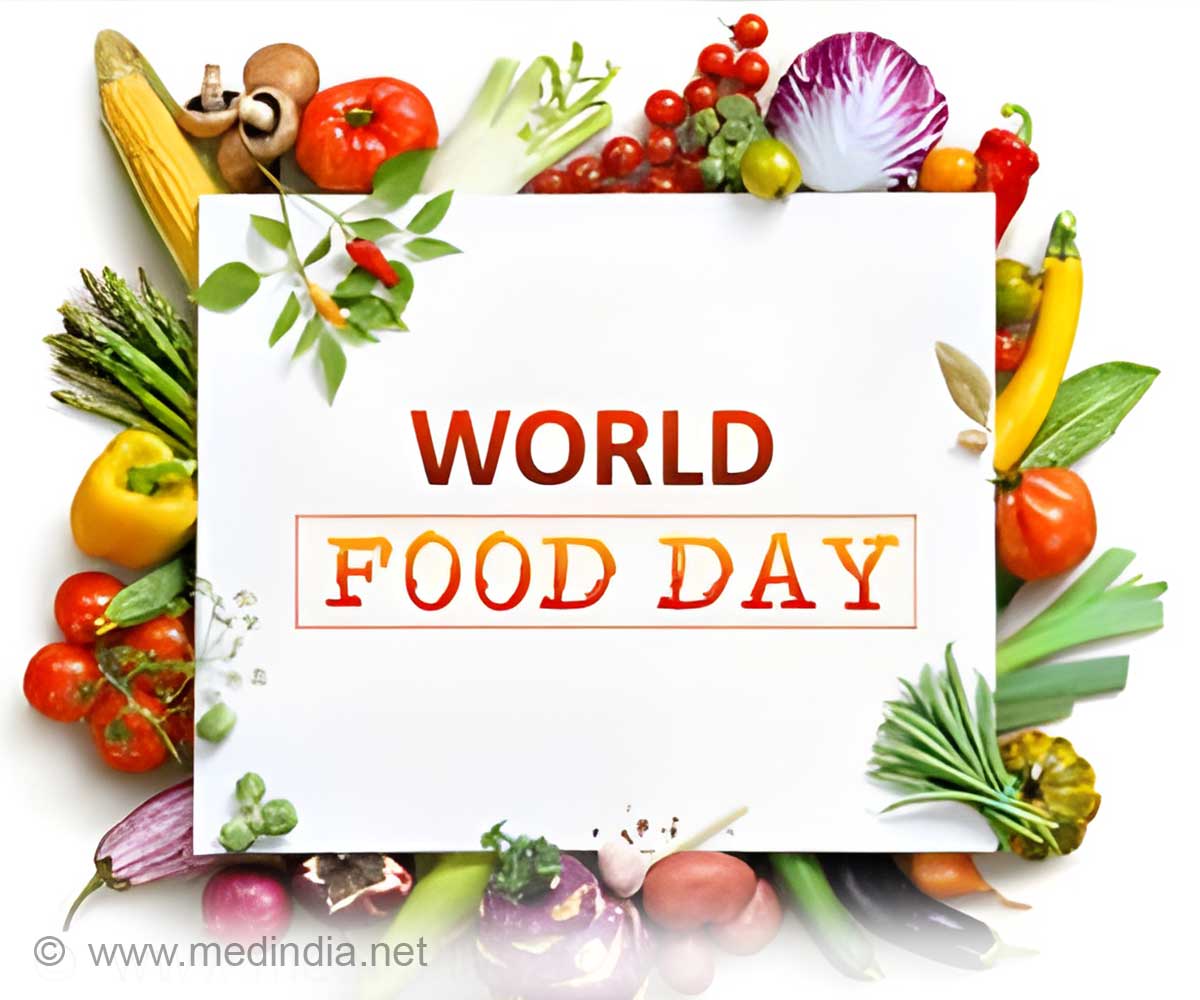Environmental sustainability should be considered while giving dietary guidance to individuals and groups and also while framing national guidelines.

‘It is very imperative for nutrition educators to talk about both health and environmental impacts of food choices of consumers to promote a behavioral change among them.’





Beginning with a description of current environmental problems, the authors of the position paper discuss the challenges faced in meeting future food needs as well as the recent science behind assessing the environmental impacts of foods and diets. In a subsequent section they cover sustainability, dietary guidance, and research. While there are various angles of sustainability to consider, the focus of this paper is on the environmental dimension of sustainability. According to Diego Rose, PhD, School of Public Health and Tropical Medicine, Tulane University, New Orleans, LA, USA, lead author of the position paper, "Based on the best science we have today, it is clear that current environmental problems--including global climate change, biodiversity loss, land degradation, water shortages, and water pollution--demand urgent attention, threaten long-term food security, and are in part caused by our current food choices and agricultural practices."
"The position paper was motivated by the severity of current environmental problems, including global climate change," said Dr. Rose on the creation of the position paper. "A number of studies have been published about the difficulty of getting to 2050 with an adequate worldwide food supply due to factors such as population increase and change in dietary habits."
"The paper was also inspired by the information published in the Dietary Guidelines Advisory Committee's scientific report to the Secretaries of Agriculture and Health and Human Services in 2015, which included a chapter dedicated to sustainability. We wanted to pass this vital information along to others."
Based on the evidence presented throughout the paper, the authors make recommendations on dietary guidance policy, research, and nutrition education practice. In terms of dietary guidance, SNEB recommends that environmental sustainability considerations be included in future federal dietary guidance. Future guidelines should contain specific advice, such as consuming less ruminant animal foods in favor of other protein foods. According to results from the American Climate Values Survey of 2014, about half of Americans might be disposed to dietary advice that food choice could affect the environment.
Advertisement
"In order to implement the dietary advice outlined in the position paper, nutrition educators will be interested in pursuing continuing education opportunities," commented Adrienne White, PhD, RDN, professor emerita, University of Maine, Orono, ME, USA, who was the president of SNEB when this position paper was developed. "The SNEB Sustainable Food Systems Division will be an important resource on environmental sustainability in dietary guidance."
Advertisement
Source-Eurekalert









